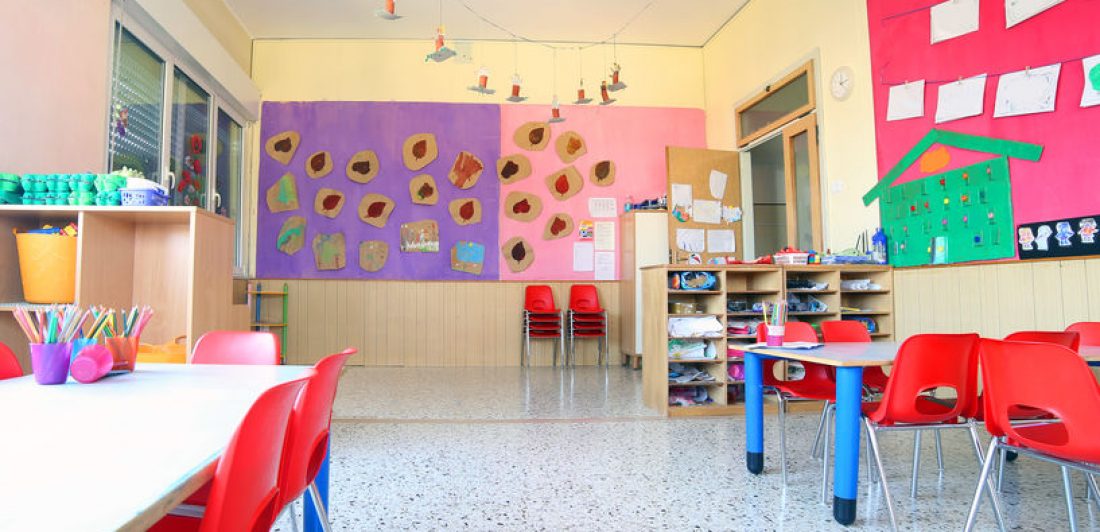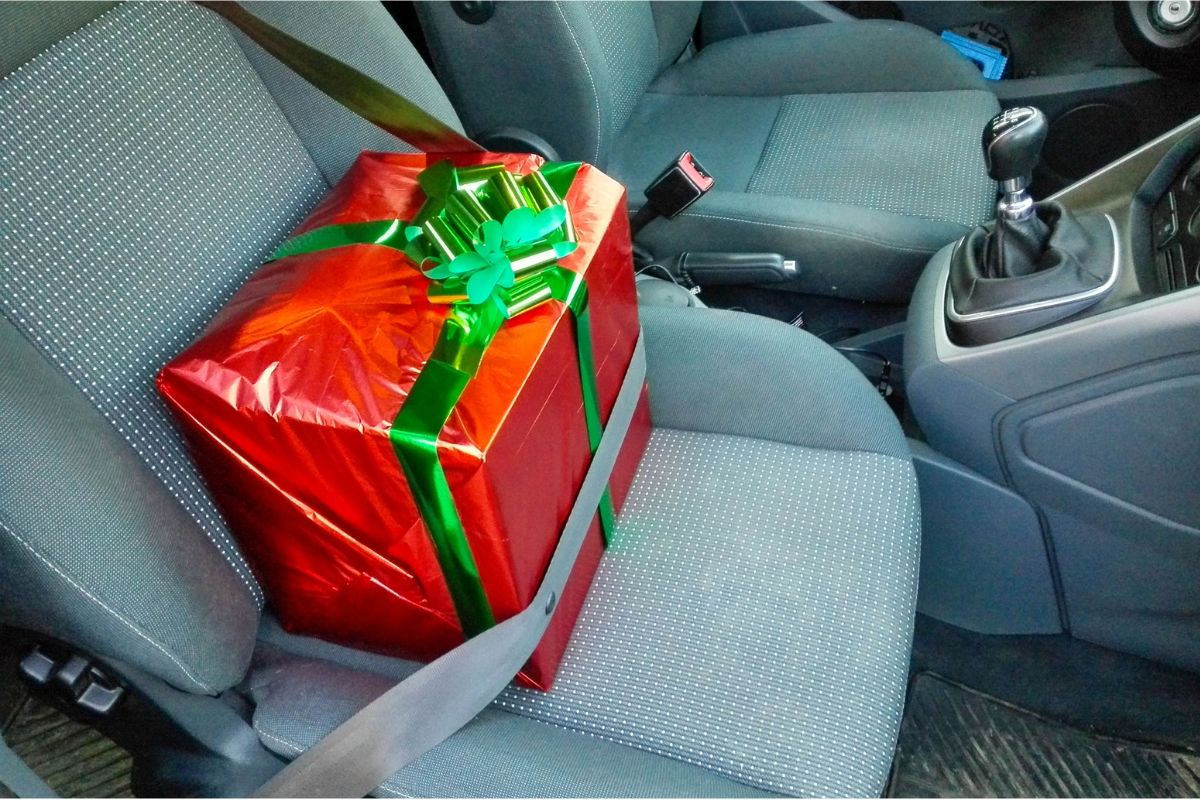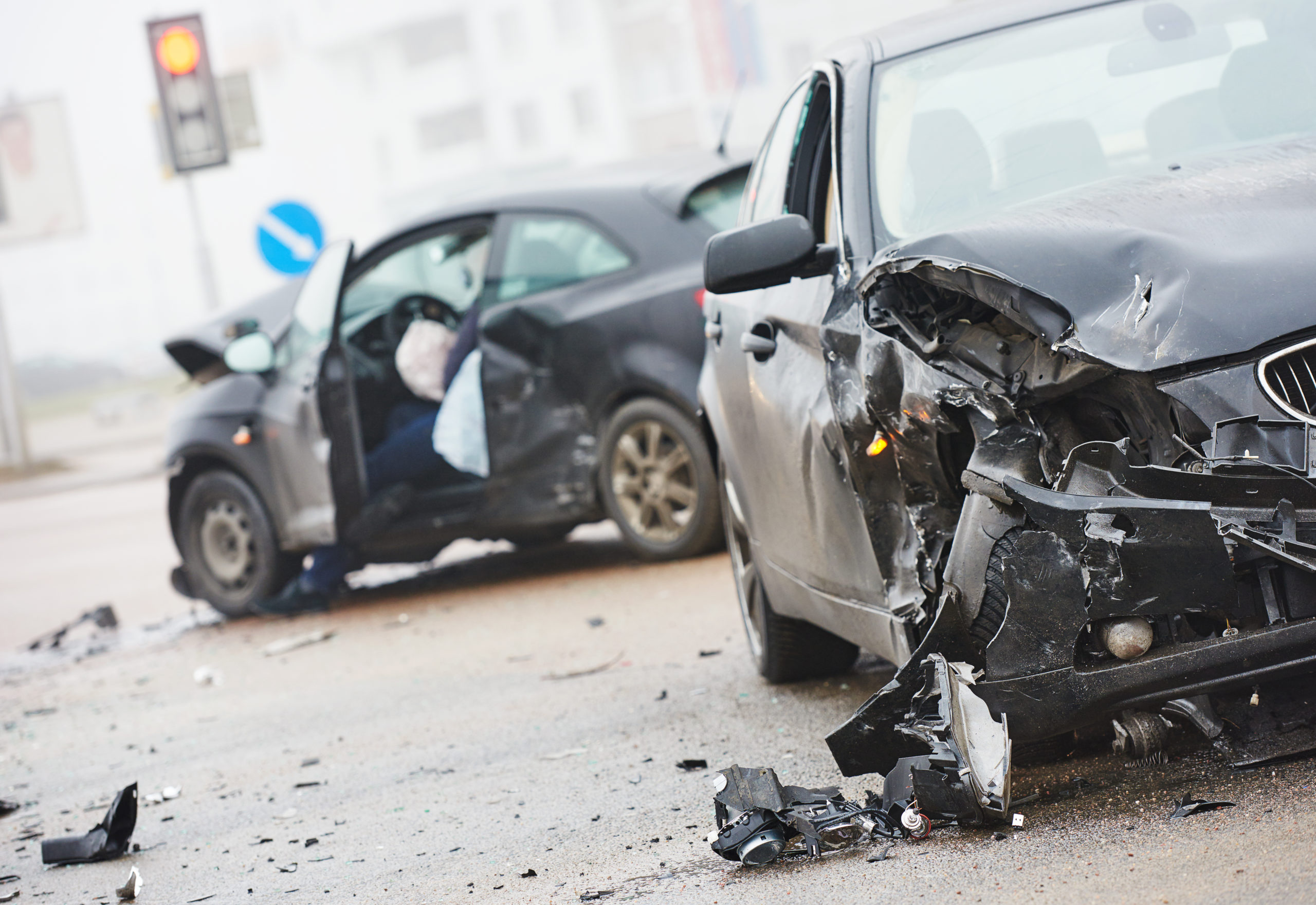Coronavirus (COVID-19) has shuttered school districts all across the country as the potentially fatal disease spreads to different communities. Along with basic hygiene, public health officials are recommending the practice of social distancing and self-quarantine to stop the spread of the virus.
What is social distancing?
Social distancing is a term that describes the act of putting physical space between people. The World Health Organization has now renamed the term, physical distancing in order to encourage people to stay connected in other ways. Whether you call is physical or social distancing, the goal remains the same: if a person becomes infected with COVID-19, by staying away from others they won’t be able to pass it on to anyone else. Social distancing effectively does the following:
- reduces the number of people getting sick;
- stops the virus from spreading; and
- in theory, could put an end to new infections effectively stopping the virus altogether.
The goal of social distancing is to save lives and ensure that our health care system doesn’t become overwhelmed. If fewer people are sick, doctors and hospitals will be in a better position to treat those who are in need of care.
How do I practice social distancing?
Social distancing can be self-imposed or a directive from the government. Examples of social distancing include:
- Working from home.
- Not getting together with friends in person.
- Closing schools, retail stores, movie theaters, restaurants, non-essential businesses and other places where people gather.
- Skipping unnecessary visits to the store.
- Not taking public transportation; such as subways, taxis, buses, carpools or even rideshares.
In other words, social distancing means to avoid contact with other people as much as possible. It’s possible that people have the virus and are spreading the virus without knowing it. By staying home you are less likely to encounter the virus.
What are fun ideas for kids to do during self-quarantine?
With schools closed and social activities canceled, you may be running out of ideas to keep the kids busy. Experts are recommending no group events, sports activities or even playdates. As a result, your kids may be going to stir crazy and getting on your nerves along the way. Keep your kids busy and safe during the COVID-19 pandemic by ensuring your kids stay social, get exercise and keep their minds sharp.
- Get connected. Help your kids keep up with friends by allowing them to set up FaceTime, Google’s Duo or Skype playdates. You’d be surprised how creative young kids play when even just seeing their best friends’ face.
- Go for a family bike ride or hike. Social distancing simply means keeping your physical distance from other people—at least six feet apart. In other words, you and your kiddos can still get out and enjoy nature. Unless a shelter in place is issued, it’s perfectly fine to get out and stay active without having physical contact. If you go to a park to walk a trail, keep your children off communal equipment such as jungle gyms or swings.
- Schoolwork. Schools are becoming more innovative in teaching kids from afar. Some are teaching classes online, while others are sending self-guided homework. Experts say that kids need structure during their days home from school. Ensure that kids don’t wear themselves by including fun breaks with some of the activities listed below.
26 fun at-home activities during COVID-19 social distancing precautions:
- Puzzles
- Paint by numbers
- Learn to play simple songs on an old instrument
- Write imaginative stories
- Make a vision board
- Learn to write Haikus
- Download Duolingo and learn a new language
- Learn science by baking
- Build an Amazon box fort
- Make up your own choreography for a new TikTok
- e-Visit world-famous museums such as the Louvre or British Museum
- Backyard (or living room) picnics
- Visit Mars
- Journal what it was like practicing social distancing
- Play Giant Uno
- Make a homemade pizza (get creative with the toppings)
- Host a paint night
- Make your own board game
- Interview each other
- Write persuasive, how-to or opinion essays
- Start or join an online book club
- Listen to kid-friendly podcasts
- Watch for different birds in your backyard
- Make a video reading to other kids
- Start an indoor garden or terrarium
- Do an online workout class
If you have any ideas, follow us on Facebook, Instagram or Twitter and let us know what fun ideas you’re doing with your kids during social-distancing. We’ll continue to update and expand this activity list with help from our clients and readers.
How can I keep my family safe from COVID-19?
Despite the headlines, many of us are extremely concerned with the safety of ourselves, our spouses and our children—and even our animals.
The CDC recommends that families create a household plan of action. A household plan of action should include:
- A list of family members at greatest risk such as older adults or those autoimmune diseases
- A list of doctors to contact
- The information of local and national organizations with credible and trusted coronavirus information
- A designated room in your home that can be used to separate sick family members from others.
- Emergency contact lists
Additionally, families should ensure that they are taking preventative actions such as hand washing for at least 20 seconds and avoid touching their faces. Further, frequently touched objects and surfaces should be cleaned and disinfected throughout the day.
What do I do if I or family member becomes sick with COVID-19?
If you or a family member begins to feel sick, you should all immediately quarantine yourselves, unless you need immediate medical attention. Ensure that you have basic cold and flu comforts, as well as products to disinfect your home.
Signs of a COVID-19 infection include the following:
- Fever
- Cough
- Shortness of breath
COVID-19’s most severe symptoms that will require immediate medical attention include:
- Difficulty breathing or shortness of breath
- Persistent pain or pressure in the chest
- Confusion or inability to arouse
- Bluish lips or face
With Carlson, you’re never alone.
We are still accepting new clients! However, for your safety and the safety of our staff, The Carlson Law Firm is not meeting clients in person. We have the full technological capabilities to meet with you virtually or over the phone. Call us today to schedule a free, virtual consultation with a member of our legal staff.
If you’ve experienced a personal injury in an auto crash, slip and fall, dog bite, workplace injury or any other injury, give us a call today. Our entire legal team is ready to assist you through these unprecedented times. We urge you to take full advantage of our virtual meeting options and take a step toward getting the justice you deserve.




